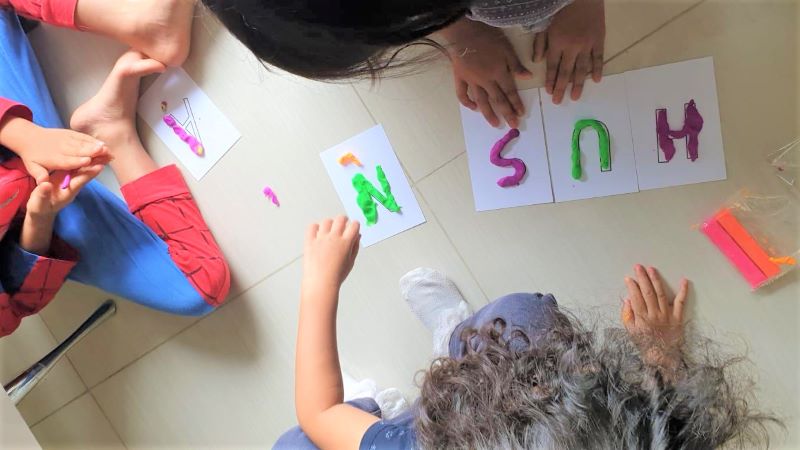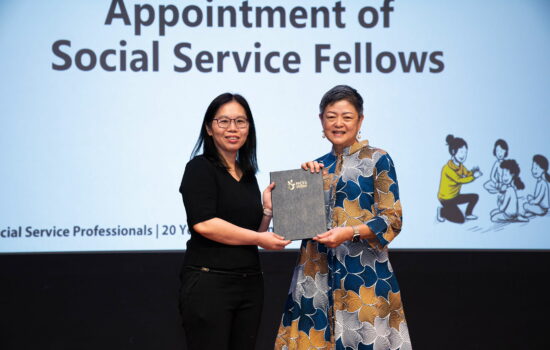The circuit breaker measures to curb the spread of COVID-19 meant that SPD’s four Building Bridges EIPIC Centres had to be closed and early intervention sessions were temporarily suspended since 8 April 2020. SPD EIPIC’s cluster head and senior speech therapist Shruti Pandit shares how teachers and therapists in the programme have been supporting the families remotely this period.
The Early Intervention Programme for Infants and Children (EIPIC) team has adopted the Remotely-Enabled Services (RES) to support caregivers and their children during this COVID-19 situation. The implementation of strategies and goals in each child’s Individualised Educational Plan (IEP) and provision of support management were delivered via telephone, online or video-conferencing by our EIPIC team consisting teachers, therapists, social workers, psychologists and centre managers.
Vulnerable families
Prior to the RES, vulnerable families that are likely to be more affected during this period were identified. The EIPIC team brainstormed on the different ways to assist them, such as providing for or repairing their laptops, assessing Social Service Offices for extra assistance, and helping them to tap on available funds. Printed materials are available to families who may have limited or no access to the Internet.
Materials and activities
Guides and strategies were developed and shared with caregivers to help them to support their children at home.

Packages comprising different sets of activity such as art and craft, music and movement and sensory play, were prepared for the children. The activities were either uploaded onto the online parents’ portal Little Family Room, posted via mail or given to caregivers before the centres were closed.
Videos on therapy intervention were prepared and provided to caregivers so that they could continue the necessary exercises with their children at home. There were also video guides on using communication systems, such as the Picture Exchange Communication System (PECS), during different home routines.
Other support and follow-up
For the activities to be carried out properly and effectively, the team loaned out resources to caregivers who need them. They include folder tasks, toys and books, as well as therapy equipment such as walkers, rollators and chewy tubes.
Weekly e-consultation sessions were scheduled with caregivers. The team first guided them to set up and use video capabilities in Microsoft Teams or WhatsApp. Teachers and therapists then keep track of how the families and children are coping in these 20-minute sessions.

Discussions with parents will then be documented along with follow up plans. Social workers would follow up with caregivers who display more stress with managing their children or look to be having socio-emotional issues.
Encouraging Feedback
Feedback from caregivers have been positive. They are eager to attend the e-consultation sessions, share their concerns and activities they did with their children. The activities and strategies provided by the team were also found to be very useful.

Due to the circuit breaker measures implemented, most of the caregivers find themselves spending more time at home and are now more actively involved in their children’s daily routine. They can understand and share a lot more on their child’s progress. Caregivers readily upload videos and photos of activities completed by the children in the Little Family Room and share ideas of activities they would like to have, effectively building a positive and supportive community.





